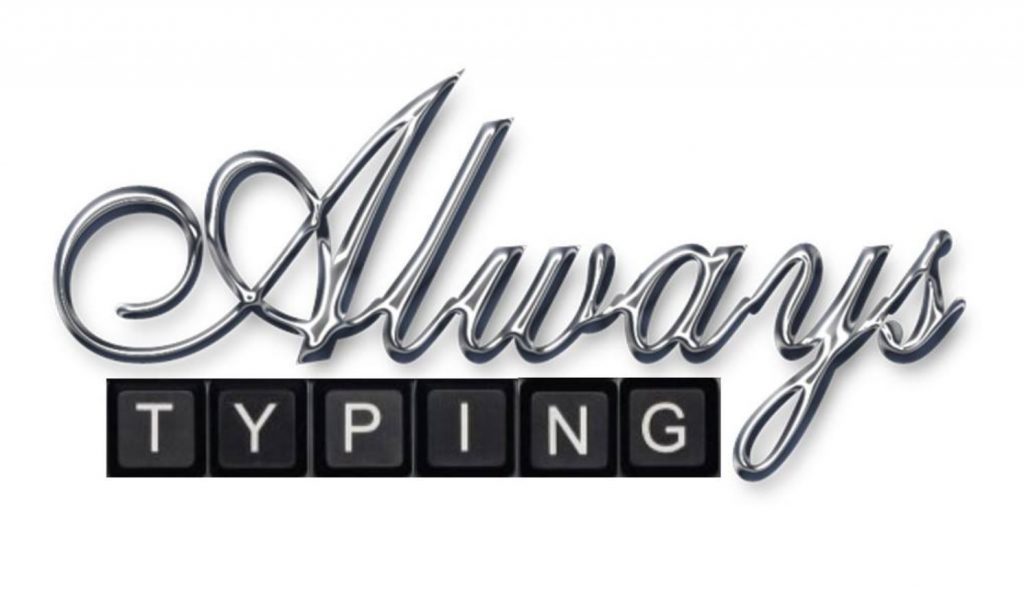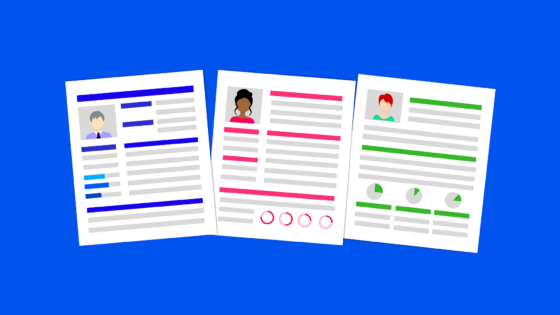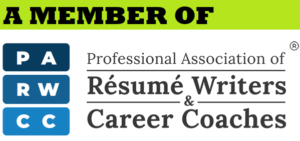Did you know most recruiters and hiring managers prefer a two-page resume? For years, there has been continuous debate on if two-page resumes are okay for job seekers. While some people have very strong opinions about this question, the answer is much more complicated than an opinion conveys.
One-, two-, and three-page resumes all have their place in the job search. You only need to understand when to use them and what is best for your specific situation. Below, we’ll outline when to use a two-page resume and offer some best practices to make your resume shine.
Table of Contents
ToggleCan a Resume Be 2 Pages?
In short, yes it can be two pages. But…as with any job search answer, it is a bit more complicated than just a yes.
The space on your resume is important real estate you want to fill with compelling information. This means you don’t want a two-page resume just because someone told you to have one. You have to have information to include that makes you stand out among competitors.
When to Use 2-Page Resumes:
So, when should you use a two-page resume? The following situations are the most common for two-page formats:
You Have 10 or More Years of Experience
Depending on how many roles you’ve held in the past 10-15 years, you may need a two-page resume. If you worked for one company but were promoted several times, you’ll want to stack those roles and show the progression on the resume.
When you have a long career history, you’ll likely have more accomplishments to highlight. If so, a two-page resume is probably the best option for you. When writing a resume, hiring managers look for the past 10-15 years of experience because this is considered the most relevant.
Sometimes, you do need to list more jobs to show important skills needed for the job you are applying for. A two-page resume generally allows you to have the room to do this.
For Senior-Level or Executive Jobs
When applying for senior-level or executive roles, you’re expected to have 10-15 years of experience. You must highlight your leadership skills when applying to these types of roles, so a two-page resume is most often the best format to use.
Occasionally, you could get away with a one-page resume or even a longer three-page document. Everyone has their unique situation to consider. If you are unsure what type of resume and length you need, contact us and we’ll discuss it with you.
You Have A Lot of Extras to Showcase
You may be wondering what extras we’re talking about. The extras many people highlight on the second page often include the following:
- Publications
- Certifications
- Professional development and training
- Speaking engagements
- Technical proficiencies
- Awards and honors
- Affiliations
- Board membership
This type of information can position you competitively against other candidates. This information is considered extra, so if you can’t include it, it’s not the end of the world. When weighing what information to include on the resume, you need to consider the job description as your resume must be tailored specifically to each role.
For example, your professional experience is the star of the show. If you are limited in space, you must focus on it before anything else. If there is still room left, then you can add the extras.
You’re Applying for Federal Roles
If you are applying for a federal job, you likely need a resume that is much longer than two pages. Federal resumes vary in length from 2-10 pages (sometimes more) because government agencies need a lot of information from potential candidates. However, sometimes a two-page resume is sufficient. This depends on how much experience you currently have and the type of role you are applying for.
Interested in seeing a two-page resume example? Check out these samples from Always Typing.
Difference Between 1-Page and 2-Page Resumes
There is nothing that says a one-page or two-page resume is best. The ONLY difference is the length. If you can’t fill at least half, preferably two-thirds, of the second page, you need to stick with one page.
When using a two-page resume, it’s because you have valuable information to share with potential hiring managers. You shouldn’t use a two-page resume if you can’t fill the second page with vital information that will make an impact on your job search.
Tips For Writing a Two-Page Resume:
There are a few best practices to follow when writing a two-page resume. The top ones include:
Target the Resume With Keywords
Passing ATS filters is a vital component of a successful job search. Focusing the document with specific keywords for the job you are targeting will help make sure your resume reaches the right people. The length of the resume doesn’t really matter if it doesn’t get through filters and to a human.
Show the Most Important Information on the First Page
The second page is often not read or simply skimmed, so you want to include the most important information on the first page. This way, the reader sees it during their initial scan and it grabs their attention. This also ensures you are showing your strengths ASAP in the document.
Focus on Achievements
If you have a two-page resume, you don’t want it to be filled with fluff or information that isn’t going to capture your reader’s attention. You want to include as many measurable achievements as possible to fill those two pages.
Get Help Writing Your Two-Page Resume Today
Now you have a better understanding of when to use a two-page resume. We hope this article helped you feel a bit more confident in your job search! If you are unsure which resume length you need, you’re in the right place!
Always Typing has years of experience in helping job seekers exactly like you. Check out our packages now or contact us with any questions you have.



